
True Names: the Opening of the Cyberspace Frontier
Vernor Vinge
Once in a great while a science fiction story is so visionary, yet so close to impending scientific developments that it becomes not only an accurate predictor, but itself the locus for new discoveries and development. True Names by Vernor Vinge, first published in 1981, is such a work.
XION Book Club admin recommends that readers buy the paperback edition because Richard Stallman did not want his essay published in the ebook version.
More Details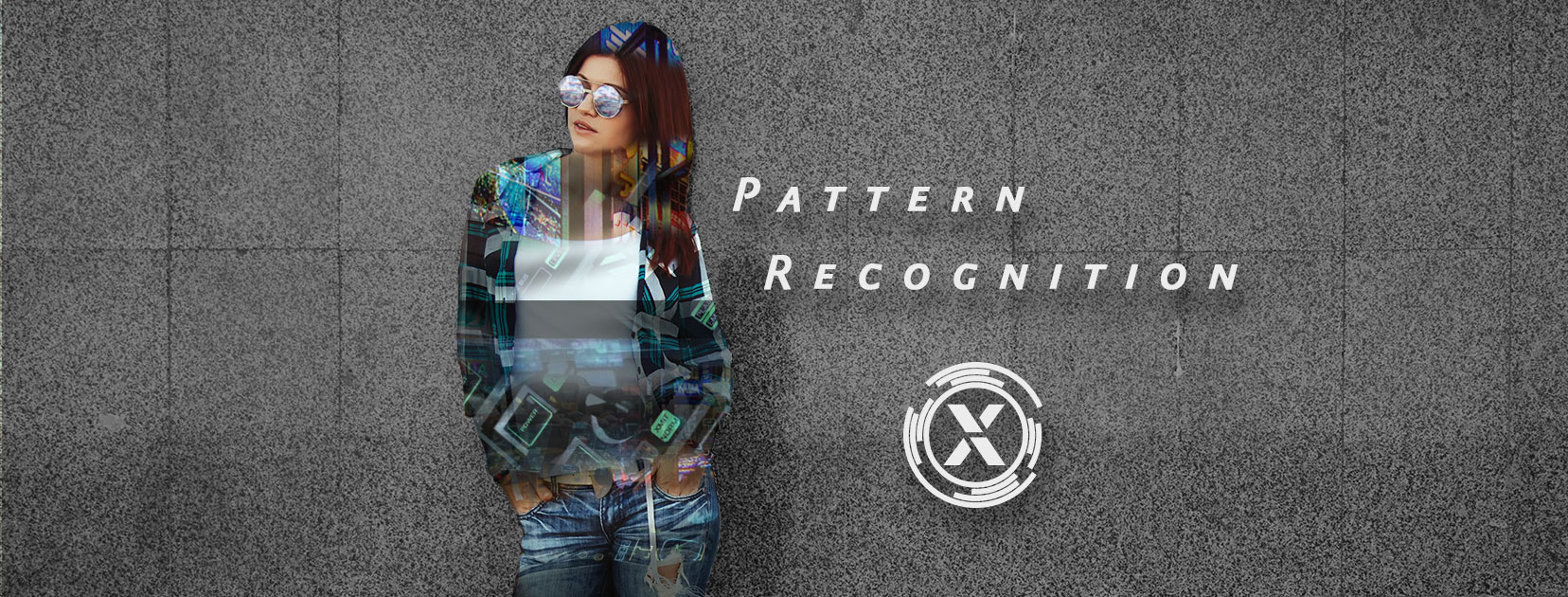
Pattern Recognition
William Gibson
Cayce Pollard is a new kind of prophet—a world-renowned “coolhunter” who predicts the hottest trends. While in London to evaluate the redesign of a famous corporate logo, she’s offered a different assignment: find the creator of the obscure, enigmatic video clips being uploaded to the internet—footage that is generating massive underground buzz worldwide.
More DetailsStill haunted by the memory of her missing father—a Cold War security guru who disappeared in downtown Manhattan on the morning of September 11, 2001—Cayce is soon traveling through parallel universes of marketing, globalization, and terror, heading always for the still point where the three converge. From London to Tokyo to Moscow, she follows the implications of a secret as disturbing—and compelling—as the twenty-first century promises to be…
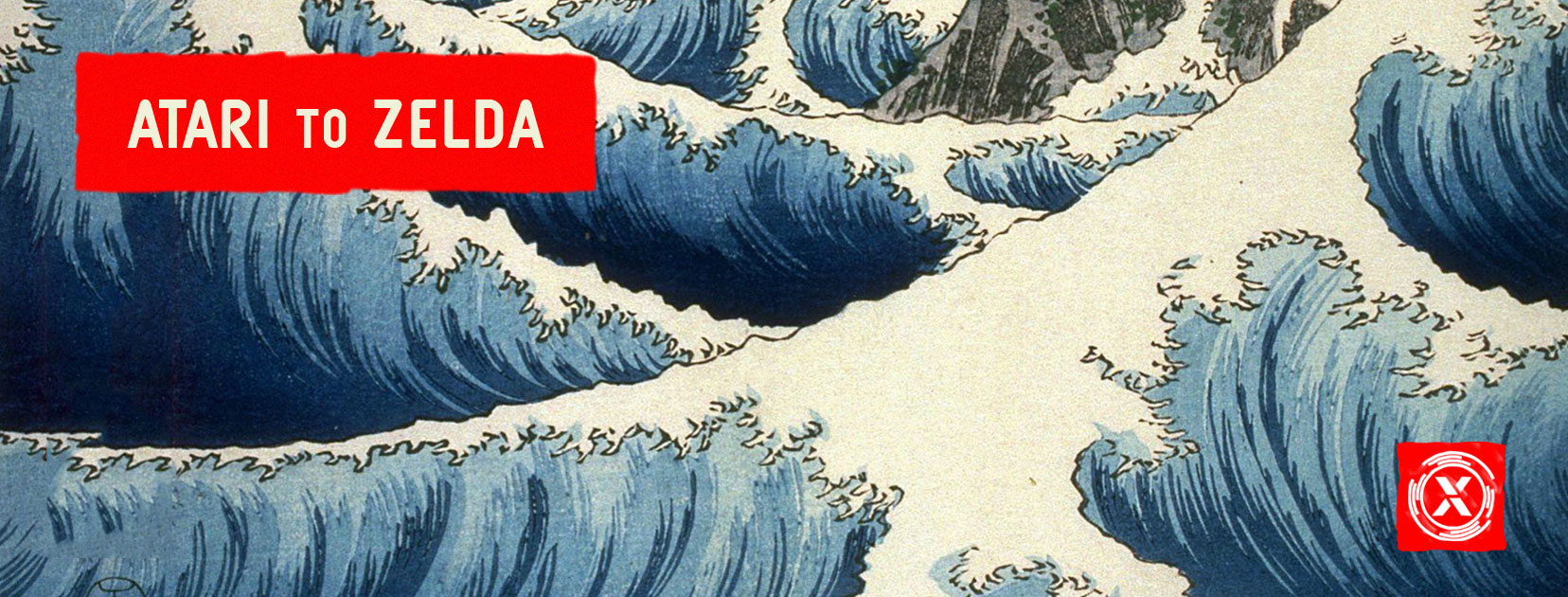
Atari to Zelda: Japan's Videogames in Global Contexts
Mia Consalvo
“The cross-cultural interactions of Japanese videogames and the West, from DIY localization by fans to corporate strategies of ‘Japaneseness.’ In the early days of arcades and Nintendo, many players didn’t recognize Japanese games as coming from Japan; they were simply new and interesting games to play. But since then, fans, media, and the games industry have thought further about the ‘Japaneseness’ of particular games. Game developers try to decide whether a game’s Japaneseness is a selling point or stumbling block; critics try to determine what elements in a game express its Japaneseness―cultural motifs or technical markers. Games were ‘localized,’ subjected to sociocultural and technical tinkering.”
In an increasingly globalized world, it’s nearly impossible to avoid encountering works of art crafted in foreign lands. Japan has been consistent in fastidiously exporting its culture overseas in a variety of mediums; including manga, anime, and most importantly, video games. Atari to Zelda explores what it means to create video games in this cosmopolitan world, and techniques we use to avoid getting “lost in translation.”
More Details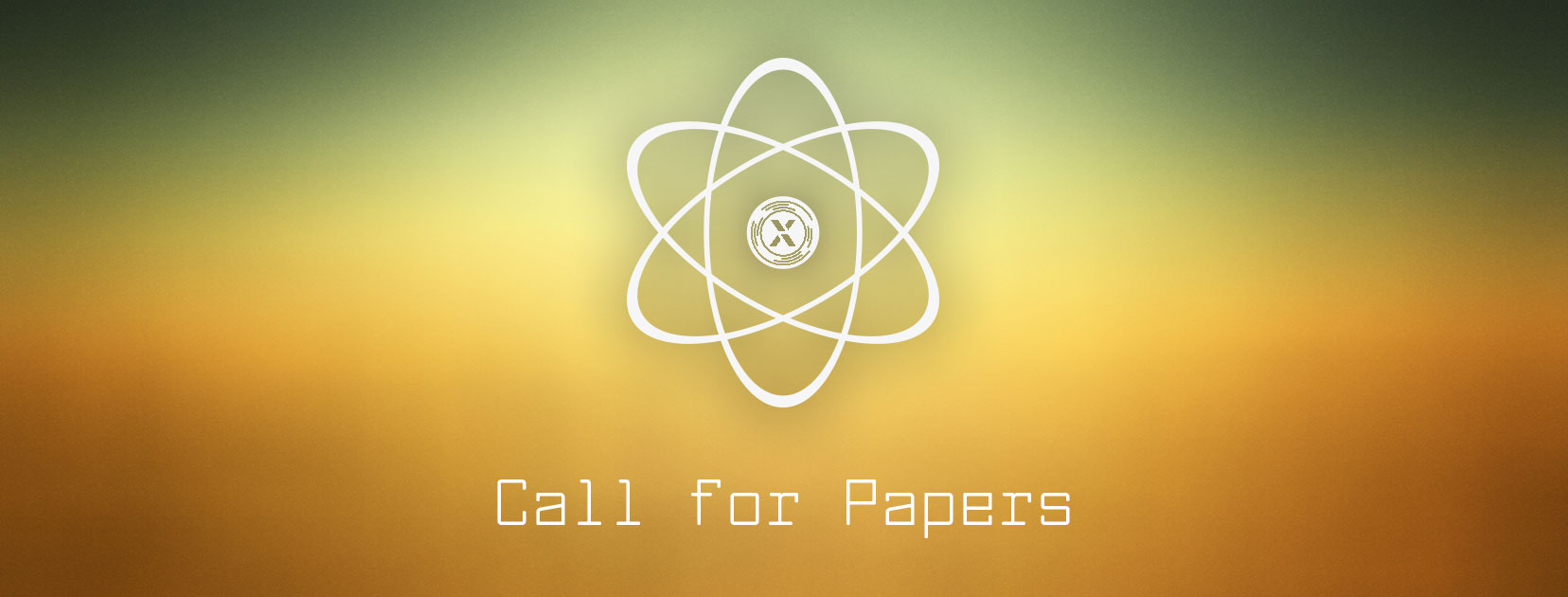
XION Special: Call for Papers
The XION Book Club is hosting a special “call for papers” event for the month of April, 2018. Club members are encouraged to share their favorite scientific papers from a variety of topics. There are no rules for selection–just share whatever might seem interesting to the rest of the club.
Visit the details page to see submissions from the club members. Submissions should be emailed to cfp.bookclub@xionsf.com with a link to the paper and a short description of what it’s about.
More Details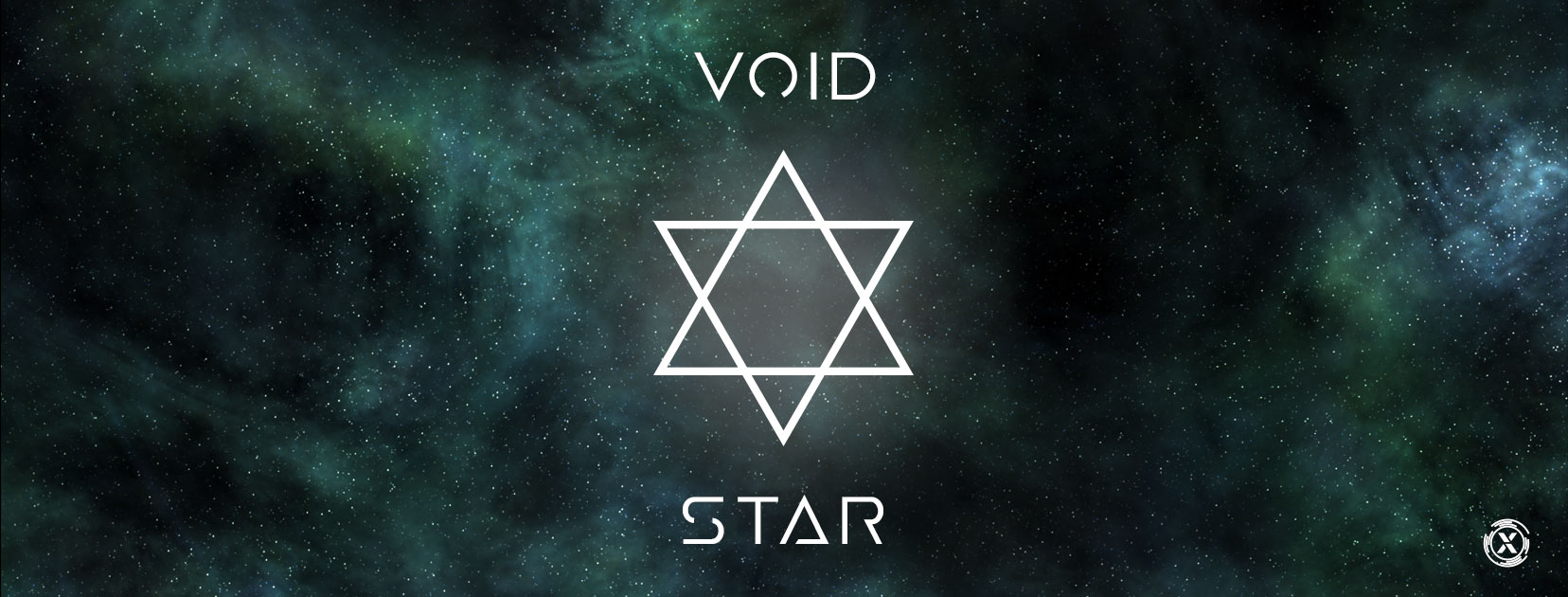
Void Star
Zachary Mason
“Not far in the future the seas have risen and the central latitudes are emptying, but it’s still a good time to be rich in San Francisco, where weapons drones patrol the skies to keep out the multitudinous poor. Irina isn’t rich, not quite, but she does have an artificial memory that gives her perfect recall and lets her act as a medium between her various employers and their AIs, which are complex to the point of opacity. It’s a good gig, paying enough for the annual visits to the Mayo Clinic that keep her from aging.
“Kern has no such access; he’s one of the many refugees in the sprawling drone-built favelas on the city’s periphery, where he lives like a monk, training relentlessly in martial arts, scraping by as a thief and an enforcer. Thales is from a different world entirely―the mathematically inclined scion of a Brazilian political clan, he’s fled to L.A. after the attack that left him crippled and his father dead.
“A ragged stranger accosts Thales and demands to know how much he can remember. Kern flees for his life after robbing the wrong mark. Irina finds a secret in the reflection of a laptop’s screen in her employer’s eyeglasses. None are safe as they’re pushed together by subtle forces that stay just out of sight.”
Programmers will recognize the themes behind this book immediately, thanks to the perhaps unintentional double-entendre hidden in this book’s title. Void Star is about memory, neural implants, and the pursuit of eternal life. An immediate cyberpunk classic, Void Star is a book you won’t forget anytime soon.
More Details
Glasshouse
Charles Stross
“When Robin wakes up in a clinic with most of his memories missing, it doesn’t take him long to discover that someone is trying to kill him. It’s the twenty-seventh century, when interstellar travel is by teleport gate and conflicts are fought by network worms that censor refugees’ personalities—including Robin’s earlier self.
On the run from a ruthless pursuer and searching for a place to hide, he volunteers to participate in a unique experimental polity: the Glasshouse, a simulated pre-accelerated culture where participants are assigned anonymized identities. But what looks like the perfect sanctuary turns into a trap, placing Robin at the mercy of the experimenters—and at the mercy of his own unbalanced psyche…”
The Hugo-nominated science fiction novel Glasshouse explores numerous interesting themes, including self-identity, transhumanism, and gender determinism. As a story set in the distant future, it is natural to wonder about what exactly it means to be human after spreading to every corner of the galaxy while augmenting oneself with cybernetics and genetic upgrades. Add onto that the ability to selectively erase memories and simulate former time periods, and you have a recipe for a rather compelling work of fiction.
More Details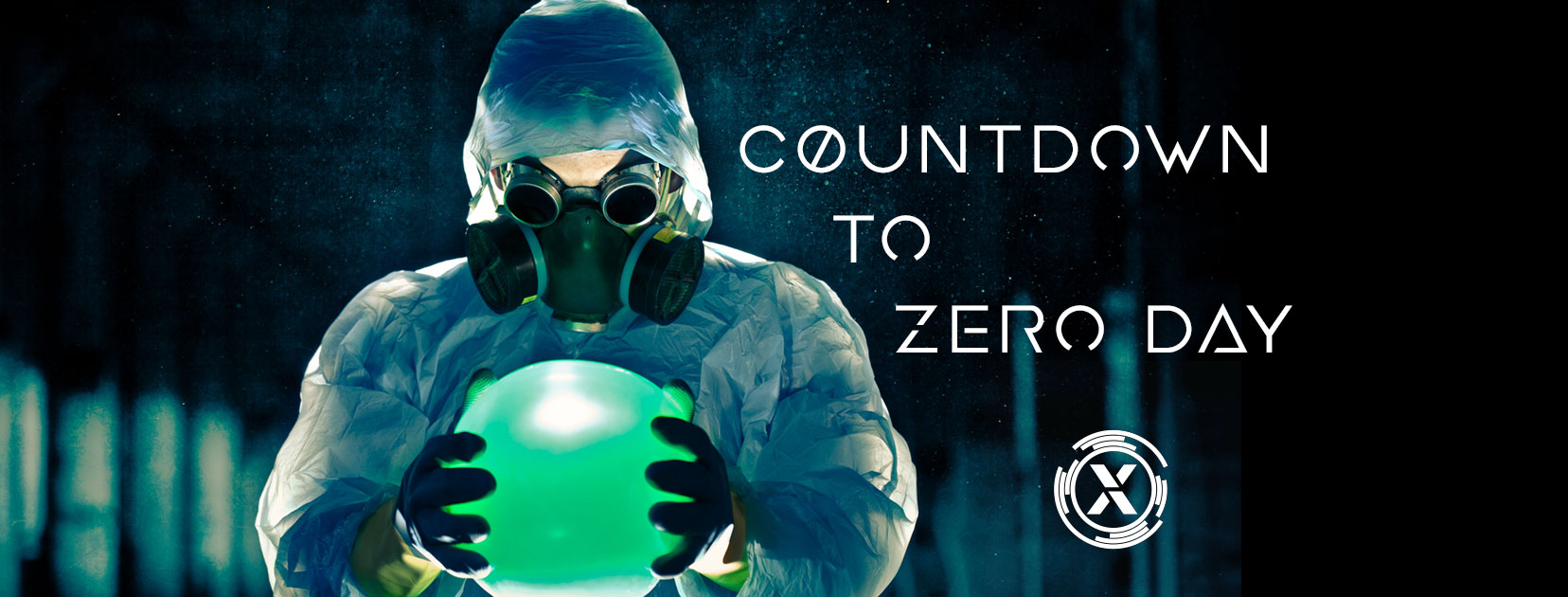
Countdown to Zero Day
Kim Zetter
“In January 2010, inspectors with the International Atomic Energy Agency noticed that centrifuges at an Iranian uranium enrichment plant were failing at an unprecedented rate. The cause was a complete mystery—apparently as much to the technicians replacing the centrifuges as to the inspectors observing them.
Then, five months later, a seemingly unrelated event occurred: A computer security firm in Belarus was called in to troubleshoot some computers in Iran that were crashing and rebooting repeatedly.
At first, the firm’s programmers believed the malicious code on the machines was a simple, routine piece of malware. But as they and other experts around the world investigated, they discovered a mysterious virus of unparalleled complexity.
They had, they soon learned, stumbled upon the world’s first digital weapon. For Stuxnet, as it came to be known, was unlike any other virus or worm built before: Rather than simply hijacking targeted computers or stealing information from them, it escaped the digital realm to wreak actual, physical destruction on a nuclear facility.”
The story of Stuxnet is a seminal tale about the future of cyber warfare. Previously confidential details involving high-tech espionage sound like they are straight from a spy novel. But this isn’t fiction—it’s really happening around the globe. Nation states are becoming increasingly dependent on the Internet and digital infrastructure in order to operate. Stuxnet is just the beginning of the perilous threat that faces our interconnected world.
More Details
Idoru
William Gibson
“21st century Tokyo, after the millennial quake. Neon rain. Light everywhere blowing under any door you might try to close. Where the New Buildings, the largest in the world, erect themselves unaided, their slow rippling movements like the contractions of a sea-creature…
Colin Laney is here looking for work. He is an intuitive fisher for patterns of information, the “signature” an individual creates simply by going about the business of living. But Laney knows how to sift for the dangerous bits. Which makes him useful—to certain people.
Chia McKenzie is here on a rescue mission. She’s fourteen. Her idol is the singer Rez, of the band Lo/Rez. When the Seattle chapter of the Lo/Rez fan club decided that he might be in trouble in Tokyo, they sent Chia to check it out.
Rei Toei is the idoru—the beautiful, entirely virtual media star adored by all Japan. Rez has declared that he will marry her. This is the rumor that has brought Chia to Tokyo. True or not, the idoru and the powerful interests surrounding her are enough to put all their lives in danger…”
Cyberpunk fiction would not be the same without William Gibson, who is considered by most to be one of the frontmost pioneers of the genre. Gibson writes in an immersive and captivating style that puts the reader in unfamiliar worlds, all while exploring deeply imaginative themes like “late-stage capitalism” and cyberpunk’s favorite “unintended consequences of advanced technology”. Having coined the term “cyberspace”, Gibson’s work has directly and indirectly influenced several high-tech inventions over the past decades.
More Details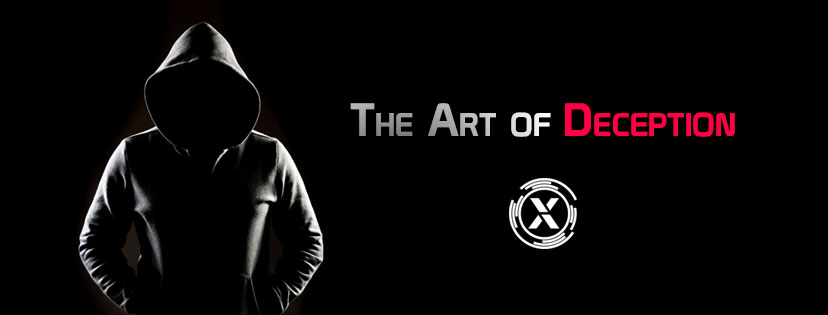
The Art of Deception
Kevin Mitnick
“The world’s most infamous hacker offers an insider’s view of the low-tech threats to high-tech security Kevin Mitnick’s exploits as a cyber-desperado and fugitive form one of the most exhaustive FBI manhunts in history and have spawned dozens of articles, books, films, and documentaries. Since his release from federal prison, in 1998, Mitnick has turned his life around and established himself as one of the most sought-after computer security experts worldwide. Now, in The Art of Deception, the world’s most notorious hacker gives new meaning to the old adage, ‘It takes a thief to catch a thief.’
Focusing on the human factors involved with information security, Mitnick explains why all the firewalls and encryption protocols in the world will never be enough to stop a savvy grifter intent on rifling a corporate database or an irate employee determined to crash a system. With the help of many fascinating true stories of successful attacks on business and government, he illustrates just how susceptible even the most locked-down information systems are to a slick con artist impersonating an IRS agent. Narrating from the points of view of both the attacker and the victims, he explains why each attack was so successful and how it could have been prevented in an engaging and highly readable style reminiscent of a true-crime novel. And, perhaps most importantly, Mitnick offers advice for preventing these types of social engineering hacks through security protocols, training programs, and manuals that address the human element of security.”
It’s common knowledge that the weakest element in a computer network (or any system really) is the human element. Humans behave predictably irrational, and have a innate desire to be helpful even to strangers. Exploiting these factors means gaining access to extremely valuable information, but it also means we’re all at risk.
If you all saw my post earlier about the Cybersecurity Humble Book Bundle, this classic from world famous hacker Kevin Mitnick was one of the books included in this bundle. This book has a lot of fun stories in it and a lot of really valuable advice on protecting yourself.
More Details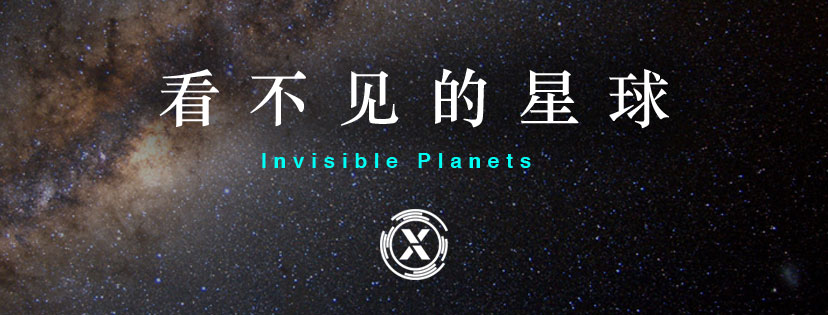
Invisible Planets
Ken Liu
“Award-winning translator and author Ken Liu presents a collection of short speculative fiction from China. Some stories have won awards (including Hao Jingfang’s Hugo-winning novella, Folding Beijing); some have been included in various ‘Year’s Best’ anthologies; some have been well reviewed by critics and readers; and some are simply Ken’s personal favorites. Many of the authors collected here (with the obvious exception of New York Times bestseller Liu Cixin’s two stories) belong to the younger generation of ‘rising stars’. In addition, three essays at the end of the book explore Chinese science fiction. Liu Cixin’s essay, The Worst of All Possible Universes and The Best of All Possible Earths, gives a historical overview of SF in China and situates his own rise to prominence as the premier Chinese author within that context. Chen Qiufan’s The Torn Generation gives the view of a younger generation of authors trying to come to terms with the tumultuous transformations around them. Finally, Xia Jia, who holds the first Ph.D. issued for the study of Chinese SF, asks What Makes Chinese Science Fiction Chinese?”
Just like the club’s first book, we’re doing another anthology, this time with a collection of short stories and essays collected by renowned translator and author Ken Liu. Some of you may already be familiar with Liu from his work on translating the “Three Body Problem”, a Hugo award winning hard sci-fi novel that made its debut in the English-speaking world last year. Chinese sci-fi offers a very unique perspective on the speculative future. A country that is modernizing at breakneck speed, transforming into a high-tech society almost overnight, is certain to inspire some interesting ideas for fiction.
More Details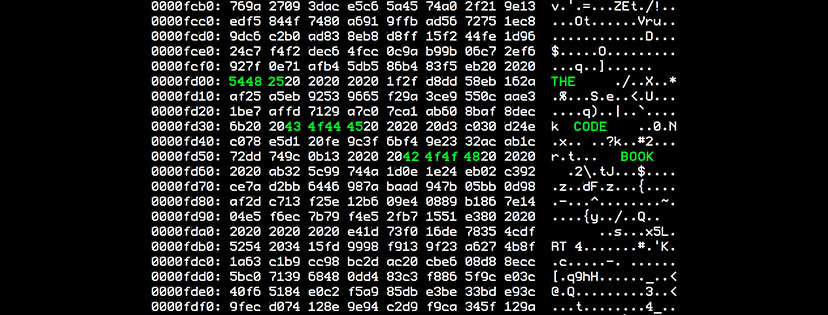
The Code Book
Simon Singh
“In his first book since the bestselling Fermat’s Enigma, Simon Singh offers the first sweeping history of encryption, tracing its evolution and revealing the dramatic effects codes have had on wars, nations, and individual lives. From Mary, Queen of Scots, trapped by her own code, to the Navajo Code Talkers who helped the Allies win World War II, to the incredible (and incredibly simple) logisitical breakthrough that made Internet commerce secure, The Code Book tells the story of the most powerful intellectual weapon ever known: secrecy.”
Continuing our well-received non-fiction/fiction cycle, the XION Book Club is taking a look at the history of encryption this month with “The Code Book: The Science of Secrecy from Ancient Egypt to Quantum Cryptography”. For those of you who don’t know Simon Singh, Simon is a British author who writes about mathematics and science. From topics ranging from Fermat’s Last Theorem to mathematical secrets in “The Simpsons”, Simon writes about a diverse range of topics in an inimitable and approachable style.
More Details
Blindsight
Peter Watts
“Two months have past since a myriad of alien objects clenched about the Earth, screaming as they burned. The heavens have been silent since―until a derelict space probe hears whispers from a distant comet. Something talks out there: but not to us. Who should we send to meet the alien, when the alien doesn’t want to meet?
Send a linguist with multiple-personality disorder and a biologist so spliced with machinery that he can’t feel his own flesh. Send a pacifist warrior and a vampire recalled from the grave by the voodoo of paleogenetics. Send a man with half his mind gone since childhood. Send them to the edge of the solar system, praying you can trust such freaks and monsters with the fate of a world. You fear they may be more alien than the thing they’ve been sent to find―but you’d give anything for that to be true, if you knew what was waiting for them…”
The book club returns with “Blindsight”, an edgy sci-fi novel from Peter Watts. Watts is a trained marine biologist who started writing fiction in the early 2000’s, whose work inspired some of the art in recent video games such as “BioShock 2” and “Crysis 2”. This book explores themes of consciousness, alien environments, and self-identity, against the backdrop of an extraordinarily well-written story.
More Details
Exploding the Phone
Phil Lapsley
“Before smartphones, back even before the Internet and personal computer, a misfit group of technophiles, blind teenagers, hippies, and outlaws figured out how to hack the world’s largest machine: the telephone system. Starting with Alexander Graham Bell’s revolutionary ‘harmonic telegraph,’ by the middle of the twentieth century the phone system had grown into something extraordinary, a web of cutting-edge switching machines and human operators that linked together millions of people like never before. But the network had a billion-dollar flaw, and once people discovered it, things would never be the same.”
The book club is debuting our first non-fiction book for discussion. Cyberpunk culture is always about pushing the limits of technology, and being subversive in a society where control of information is limited to large corporations. Cyberpunks exploiting the phone system, or “phreakers”, are among the first computer hackers to have ever existed. “Exploding the Phone” explores the underground subculture of phone phreaks and tells the story of how these people discovered critical flaws in the immense telecommunications system.
More Details
Diaspora
Greg Egan
“In the 30th century, few humans remain on Earth. Most have downloaded themselves into robot bodies or solar-system-spanning virtual realities, escaping death–or so they believe, until the collision of nearby neutron stars threatens life in every form.”
The XION book club returns with our first book of 2017 (this time on Kindle!) Diaspora is a hard sci-fi novel by the author Greg Egan. For those of you who are new to hard sci-fi, this is a subgenre that focuses on scientific and technical accuracy. Usually hard SF novels have solid theoretical foundations, and are based on emerging scientific research.
More Details
Mirrorshades
Various
“With their hard-edged, street-wise prose, they created frighteningly probable futures of high-tech societies and low-life hustlers. Fans and critics call their world cyberpunk.”
The Mirrorshades anthology is a great introduction into cyberpunk fiction, comprised of material from authors who defined the genre. The book covers a wide variety of cyberpunk topics, some that are vaguely technical and others that are as electronically wired as Neuromancer.
More Details